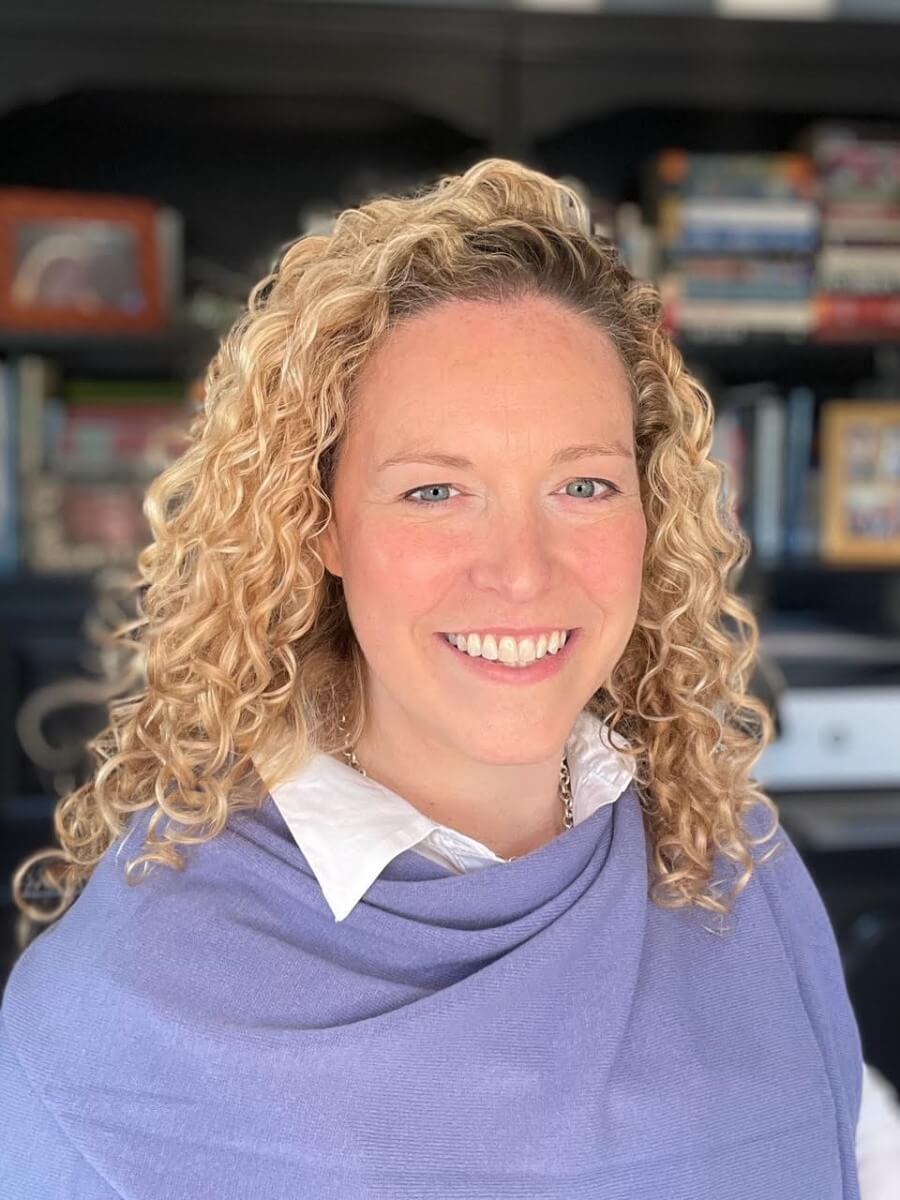When Consultants Become Partners: Building Capacity, Not Dependence
 How a partnership mindset between schools and consultants creates lasting growth, alignment, and internal strength.
How a partnership mindset between schools and consultants creates lasting growth, alignment, and internal strength.
By Kate Auger-Campbell*
Every independent school has been there. A consultant is hired, the work begins with energy and optimism, a beautiful report is delivered– and then the momentum quietly fades. The consultant moves on; the school moves back into its routines. The ideas were sound. The people were capable. But the structure was transactional, not transformational.
What if consulting didn’t have to end that way? What if the true value of an external partner wasn’t the deliverable itself, but the capacity it builds inside the school?
Across the independent-school landscape, I believe a new model is emerging– one that treats consultants not as vendors who “fix” problems, but as partners who build systems, confidence, and shared ownership of change. Engagements defined by collaboration, clarity, and mutual accountability. The consultant brings perspective and process; the school brings mission and context. Together, they can create the kind of growth that lasts.
Define Success Before the Work Begins
Too many engagements begin by scoping hours instead of defining success. In a partner model, clarity comes first. Before any work starts, the school and consultant align on outcomes. What will success look like? Which results will we measure? When both sides agree on observable outcomes– stronger yield, clearer messaging, improved retention– success becomes collective, not subjective.
Transparency Is Key
Every school has constraints– budget, bandwidth, timing. Naming them early builds trust. When consultants acknowledge the realities of the academic calendar, faculty workload, or board dynamics, the school sees a partner who understands the ecosystem. Transparency also extends to data sharing; open access to enrollment, retention, fundraising, and financial data fuels better insight.
Shared Ownership and Continuity
In partnership consulting, ownership is shared throughout. The consultant brings expertise; the school provides context and authority. Identifying internal champions– those who will carry the work forward– ensures the learning stays internal even after the consultant steps away.
The final deliverable– a report, dashboard, or set of recommendations– is not the finish line. The partner model insists on an exit strategy that’s really a sustainability plan: clear next steps, defined timelines, progress checkpoints, and opportunities for recalibration.
A Quick Case in Point
A small day school engaged us to refresh its enrollment strategy. Before analyzing data, we convened a cross-functional team to answer one question: What will success look like a year from now? They landed on three outcomes– more mission-appropriate inquiries, a 10 percent higher yield, and a streamlined process for families. Every decision tied back to those measures.
When the engagement ended, the school didn’t just have a new admissions plan; it had a more aligned leadership team and renewed confidence in its own work. That’s the quiet power of partnership.
Why It Matters
Independent schools are navigating shifting demographics and heightened scrutiny of value. Many turn to consultants for help, but not all engagements create lasting change. The difference lies in the relationship.
The consultant-as-partner model isn’t about hiring more consultants; it’s about seeking out and selecting those partners differently– and working with them differently once they arrive. Real transformation doesn’t happen because someone from the outside parachutes in with answers. It happens because the outside perspective and inside expertise work in tandem, guided by shared purpose.
At its best, consulting is not an act of outsourcing– it’s an act of capacity-building. A partner-model consultant leaves behind more than a set of recommendations; they leave behind stronger teams, clearer processes, and a shared vocabulary for growth.
When schools embrace partnership over transaction, they stop renting expertise and start owning it. And that shift, subtle as it seems, may be the most strategic investment a school can make.
*Kate Auger-Campbell, Founder and Principal, Bridgeworks
Kate Auger-Campbell is the founder of Bridgeworks, a consulting firm that helps independent schools align mission, market, and message through data-informed strategy and human-centered communication. A longtime leader in the independent-school community, Kate has served in senior leadership roles in schools, national associations, and consulting firms supporting enrollment, advancement, and ed-tech. She specializes in connecting people, process, ideas, and technology– and in helping schools hire and develop the right talent– to build operationally efficient, mission-driven practices that sustain schools for the long term.
